Unsettled, nauseous, plus the cold winds at the end of the year carrying the salty smell of the sea blowing into the face, numbing. That was the feeling when the reporter followed the workers maintaining the buoys and signals on the Nam Trieu channel.
Floating with the waves
After 5:00 a.m., Mr. Nguyen Hai Hung (a worker at the Nam Trieu Channel Management Station of the Northeast Maritime Safety Enterprise - Northern Maritime Safety Corporation) woke up and prepared his belongings for duty with his colleagues on duty.
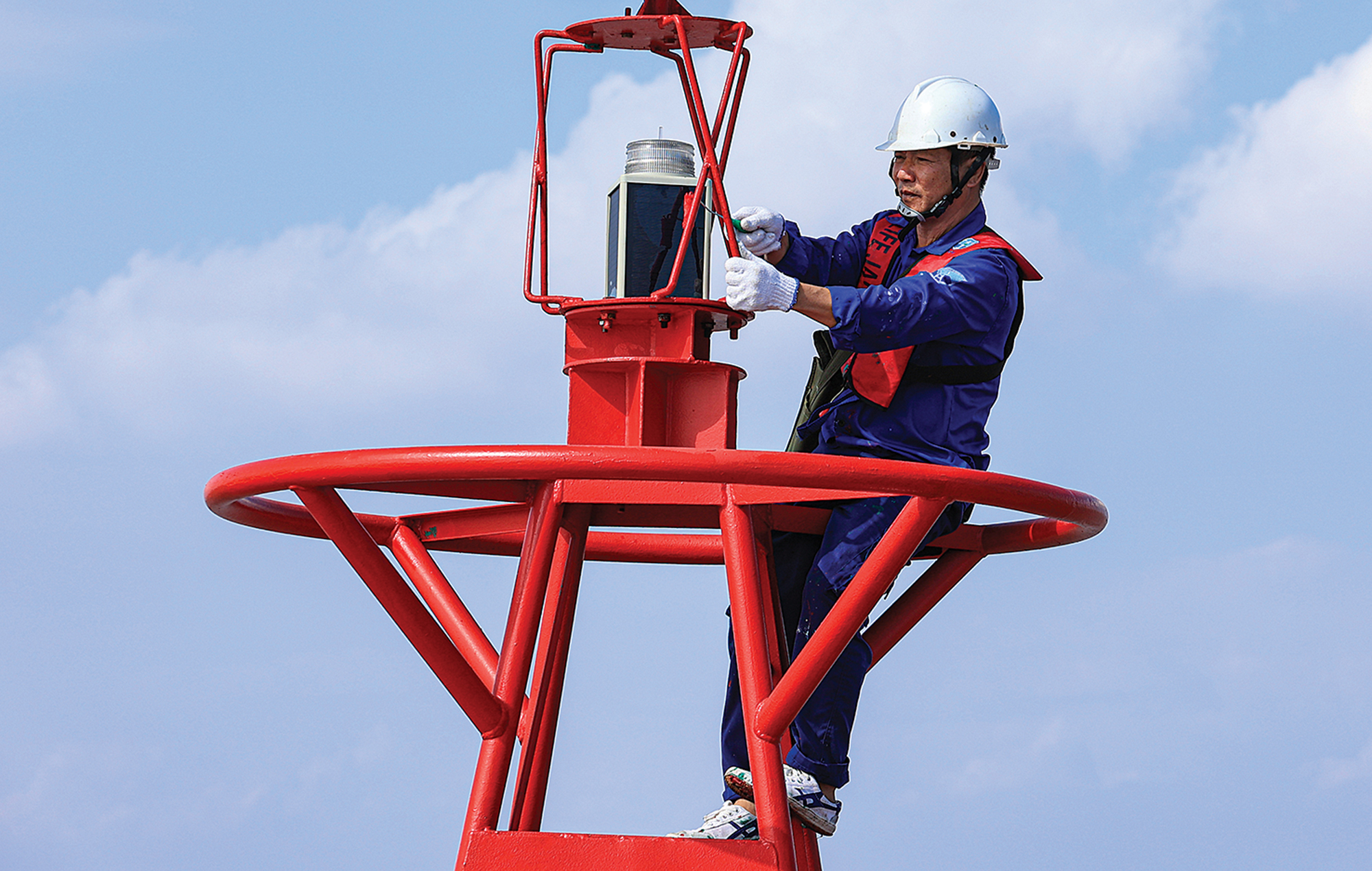
Worker Nguyen Hai Hung maintains the buoy.
According to Mr. Hung, the nature of his work depends on the weather and water, so there are days when he has to leave at midnight and return late at night.
With 26 years in the profession, he is very familiar with the job, but in Mr. Hung's eyes, maintaining buoys and maritime signals has never been easy, especially when the working environment is at sea, the wave and wind conditions are complex and always depend on the weather.
If ships have a measurable oscillation period, then navigational buoys are completely different.
Under the unpredictable impact of the water current, the buoy sometimes tilts like a tumbler, sometimes spins, sometimes gets sucked down and then pops up. Therefore, maintaining and servicing the buoys requires a lot of experience.
"When the waves are big, we hold onto the buoy with one hand to avoid falling into the sea, and with the other hand we paint and maintain it. The buoy rocks so much that sometimes the person on top spills paint on the person below," said Mr. Hung, adding that he himself has been seasick to the point of vomiting countless times.
Bruised limbs - "a daily occurrence"
But seasickness is not the biggest fear. Because when the waves are big and the wind is strong, they face dangers that always await. The danger can come right from the moment the workers approach the ship with the buoy to check.
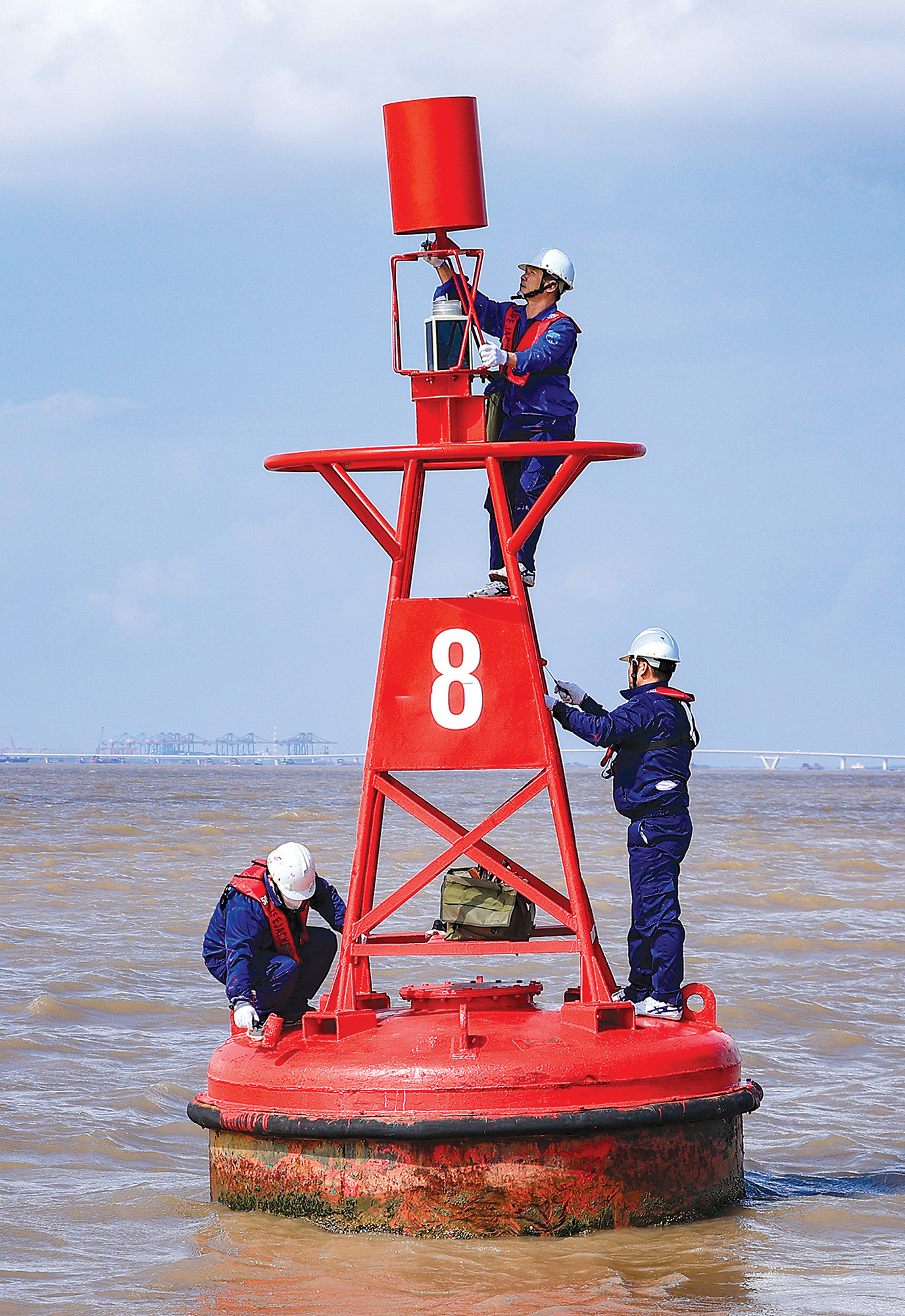
Workers maintain a buoy on the Nam Trieu waterway. Photo: Ta Hai.
At buoy number 0 of the Nam Trieu waterway, witnessing the scene of big waves causing the buoy to continuously hit the ship's side made us panic. Approaching the buoy in this context also became more dangerous for the maintenance workers.
With many years of experience in the profession, Mr. Nguyen Trong Tu, deputy station manager of Nam Trieu Channel Management Station, said that the crew often have to choose the right wavelength to jump from the ship to the buoy. Sometimes, to be safe, they even have to jump into the sea and swim to the buoy, or do the same when going from the buoy to the ship.
Despite their expertise, maintenance workers say they can get injured if they are not careful. Barnacles clinging to the bottom of the buoys can cut their skin at any time during swimming situations. Bruises on their limbs have also become a "daily occurrence".
That is also the experience of Mr. Dang Xuan Duong, station chief of Nam Trieu Waterway Management Station in more than 30 years of working. He has lost count of the number of times he has been hit and bruised.
Recalling his first time at work, Mr. Duong quickly jumped from the boat to the buoy. However, due to his lack of experience, he did not immediately move to another position and only worried about holding on to the buoy to avoid falling. So he accidentally became the "bumper" between the boat and the buoy. Luckily, the impact was not too strong, he only suffered bruises.
Spend all your youth at the sea
Not only is the job of maintaining a shipping lane difficult and dangerous, it also requires workers to work almost all year round without rest. Anyone who needs to take time off must apply in advance so that someone can be assigned to take their place.
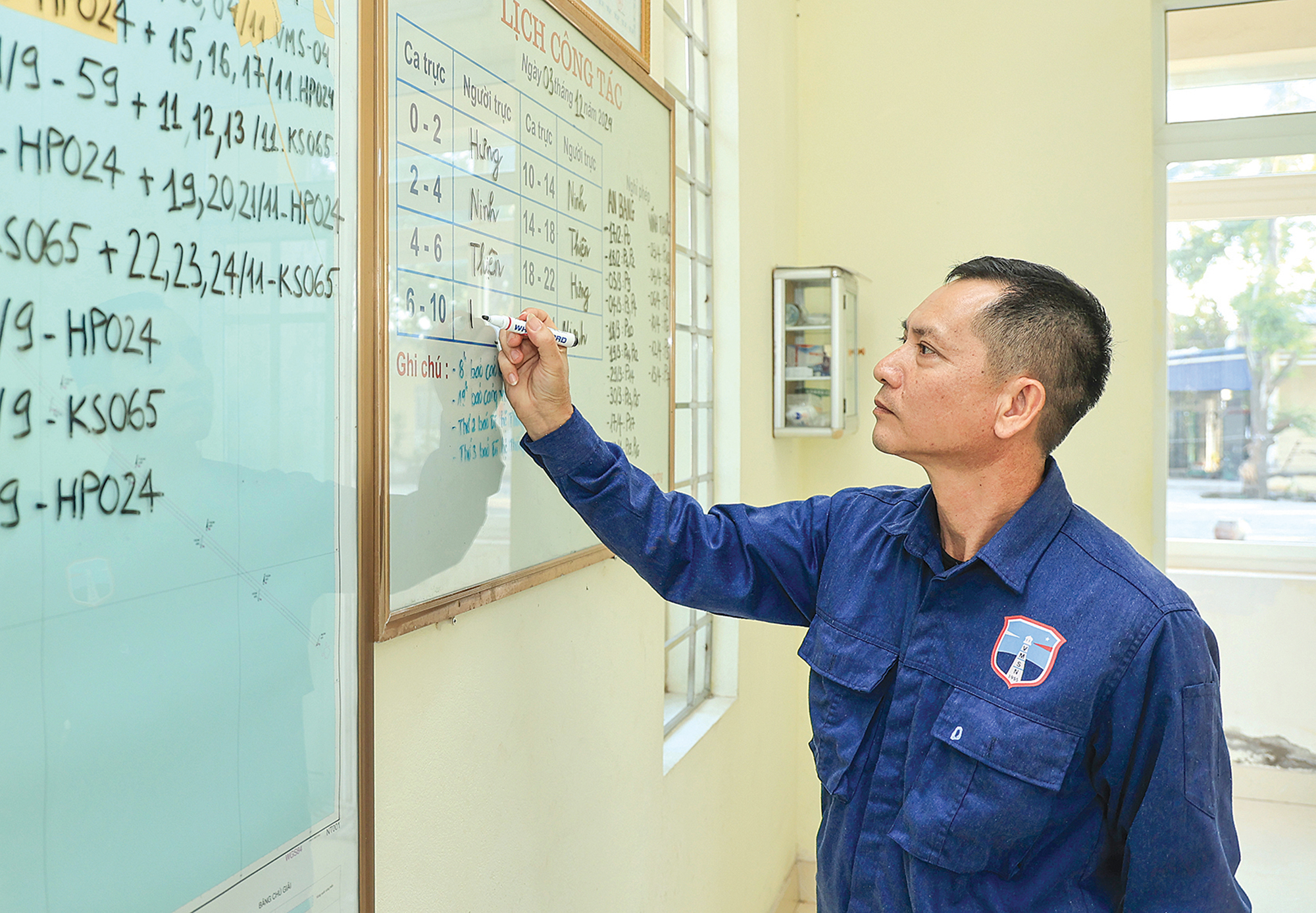
Head of Nam Trieu Stream Management Station Dang Xuan Duong said that the work of maintenance workers does not depend on holidays, Tet, or days off.
The station chief of Nam Trieu Channel Management Station informed that due to the nature of their work ensuring maritime safety, they always have to be on duty 24/7 regardless of holidays. Whenever there is an incident on the channel, they must immediately set off, even on New Year's Eve.
"Up until now, my wife still advises her husband to find another job," Mr. Duong confided.
Elsewhere, Mr. Pham Van Huy, a worker at Quang Yen navigation station, has also devoted his youth to the job of ensuring maritime safety.
For nearly 30 years, he has held many positions, sometimes as a light station worker, sometimes as a buoy maintenance worker, and as a navigation signal worker. That amount of time is enough for him to experience many things that only those in the profession can understand.
He recalls that around 2000, he was working at the Hon Bai lighthouse on the top of the mountain. When the ship carrying workers reached the mountain and anchored outside, a storm broke out in the area. The sea was foggy. When the ship arrived to pick up the workers, it was impossible to determine which direction to take them.
"The brothers on the mountain had to tell each other to gather dry branches, tree bark, and burning shells to make bright spots for the ship to see," Huy said.
There was also a time when the ship was able to dock at the buoy so that workers could get to work. But then there was a problem with the connecting rope, causing the ship towing the buoy to tilt. The ship also had engine problems and could not dock at the buoy. For half an hour, Mr. Huy and the workers had to hold the buoy and rock, unable to get on the ship.
These experiences make navigational channel maintenance workers like Mr. Huy more aware of the hardships of the "waves and winds" profession. Not to mention that there are some locations where the markers are placed on high mountains. In such difficult-to-reach areas, large ships cannot dock, so workers will use small work boats to approach.
When the water is low, the rocks below protrude jaggedly, making those unfamiliar with them feel a shiver...
Although it is so difficult and hard, when asked if there is a time when they want to change jobs, the maintenance workers just smile gently. Having worked for so long, they are used to the difficulties and hardships like "daily food and water". "Our youth has been left at sea. We are all used to hardships so we accept it," said Dang Xuan Duong.
Source: https://www.baogiaothong.vn/cuoi-song-sua-phao-tieu-giua-trung-khoi-192250130112038635.htm





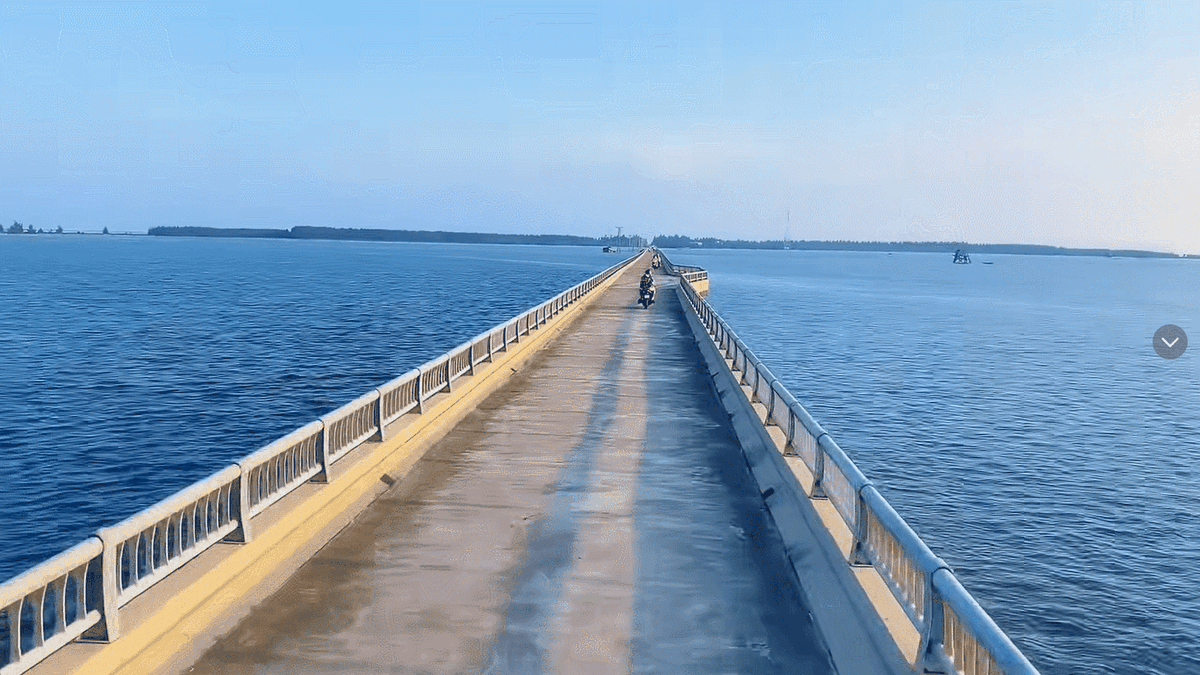
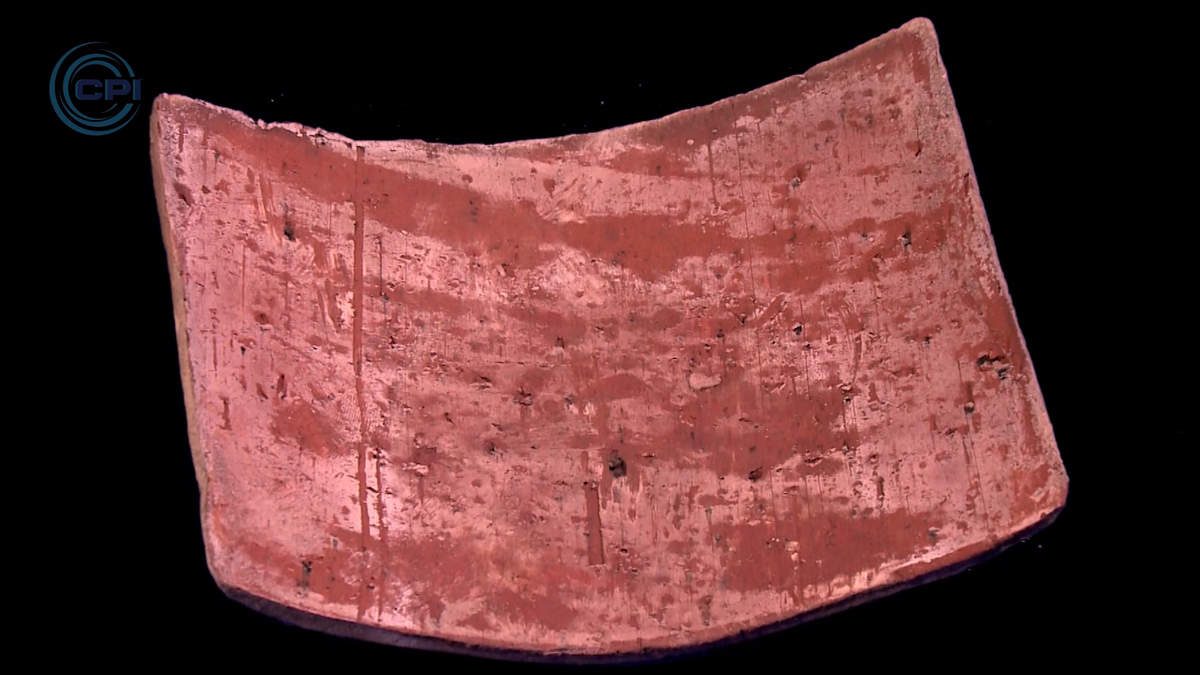
















































































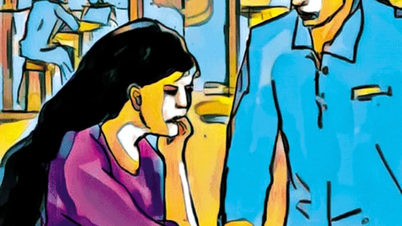



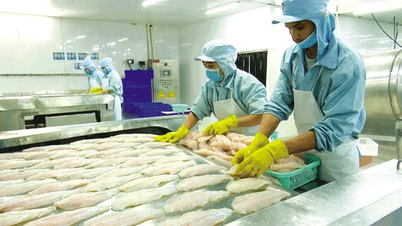
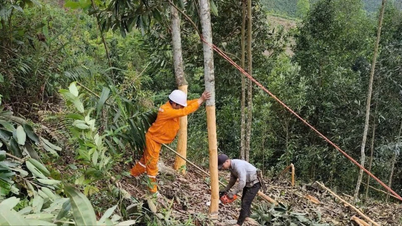












Comment (0)